Is the Taliban's advance in Afghanistan a risk to the world?
1:02
Kabul (CNN) -
In less than a week, the Taliban have invaded a quarter of Afghanistan's provincial capitals in a huge swath of territory in the north of the country.
The security situation is crumbling faster than almost anyone expected, with the possible exception of the Taliban themselves.
Nine provincial capitals have now fallen into the hands of the insurgent group, in several cases with minimal resistance from the Afghan security forces.
The Taliban now control territory they were unable to subdue when they were in power between 1996 and 2001.
CNN saw a graphic example of how low morale is among some army units on a visit to the city of Ghazni, three hours from Kabul.
A group of soldiers who had been attacked by Taliban snipers simply ran out of their base, waved at a passing car and drove off.
A Taliban flag is seen on a pedestal with people gathered around the main city square in Pul-e-Khumri on August 11, 2021 after the Taliban captured Pul-e-Khumri, the capital of Baghlan province. .
When CNN returned to the same base the next day, some soldiers had changed into civilian clothes, a clear sign of their fear of the Taliban, of their desire to vanish if the rebels got any closer.
On Wednesday, a video from the air base in Kunduz, in the north, showed many soldiers surrendering without uniforms.
A further withdrawal of personnel from the US embassy in Kabul is debated, sources say, as the Taliban advance rapidly in Afghanistan
Security forces in many parts of the country appear overwhelmed, fearful of assassinations or car bombs, and of the relentless Taliban offensive that is forcing the government to choose what it will defend and where it will surrender.
Afghanistan's best troops, the US-trained commandos, are overloaded.
In addition to the provincial capitals that have already fallen, another dozen or so are under imminent threat, surrounded and connected to Kabul only by air.
advertising
CNN visited Kandahar, Afghanistan's second-largest city, last week.
Its defenders were under siege.
They did not know when or if they would receive reinforcements.
Since then, the pressure has only increased.
Afghan security forces fight the Taliban near the Torkham border point between Afghanistan and Pakistan in Nangarhar province on July 23, 2021.
The Taliban said on Wednesday that they had seized control of the main prison in Kandahar city and released about 1,000 inmates.
They have done the same elsewhere, often replenishing their ranks in the process.
A government spokesman acknowledged that the prison had fallen and said that most of the inmates were criminals.
Just a few hundred meters from the prison, a wedding hall visited by CNN, which was a front-line position for Afghan commandos just a few days ago, is now under the control of the Taliban, according to a member of the Kandahari parliament. .
By capturing military and police bases, the Taliban have acquired armored vehicles, Humvees and heavy weapons, as well as dozens of ubiquitous pickup trucks. A steady stream of captured vehicles, many of them provided by the United States, left the Kunduz base on Wednesday. One of the rebels was heard saying that the weapons they had seized were sufficient for all the mujahideen in Afghanistan.
Faced with the advance of the Taliban, there does not appear to be a coherent strategy to change course.
The loss of life is staggering, with 6,000 dead since mid-April due to the riots.
There is talk of a reorganization of the high military command.
President Ashraf Ghani visited the city of Mazar-e-Sharif on Wednesday, one of the few in the north that is still in government hands, to further his call for civilians to join a "popular uprising" and fight the Taliban.
One of the Afghan warlords accompanying him was Marshal Abdul Rashid Dostum.
He was defiant, saying that the Taliban "many times went north and got caught in the trap, and this time also with the will of God."
Displaced Afghans arrive at a makeshift camp in Kabul on August 10, 2021.
"Escaping the north is not an easy job," he said.
Brave words, but right now the Taliban have no need to flee the north.
They face little resistance: the biggest threat appears to come from sporadic airstrikes, some of them carried out by US bombers.
ANALYSIS |
Things are looking bad in Afghanistan, even with the presence of US air power.
In 21 days, they could look a lot worse
Somehow, the Afghan government has to find a strategy to turn the tide.
Certainly, there is some resentment here because the US withdrawal has been very rapid and its influence on the Taliban in the Doha talks has been very weak.
As the Taliban gobble up territory, they have even less incentive to negotiate.
The overwhelming sentiment of people in areas still controlled by the government is one of fear.
Kabul may feel safe right now, but it may not last long.
The latest US intelligence assessment is that the Taliban could break through government forces in a very few months.
There is little evidence on the ground, in Kandahar or Ghazni, to contradict that assessment.
Taliban

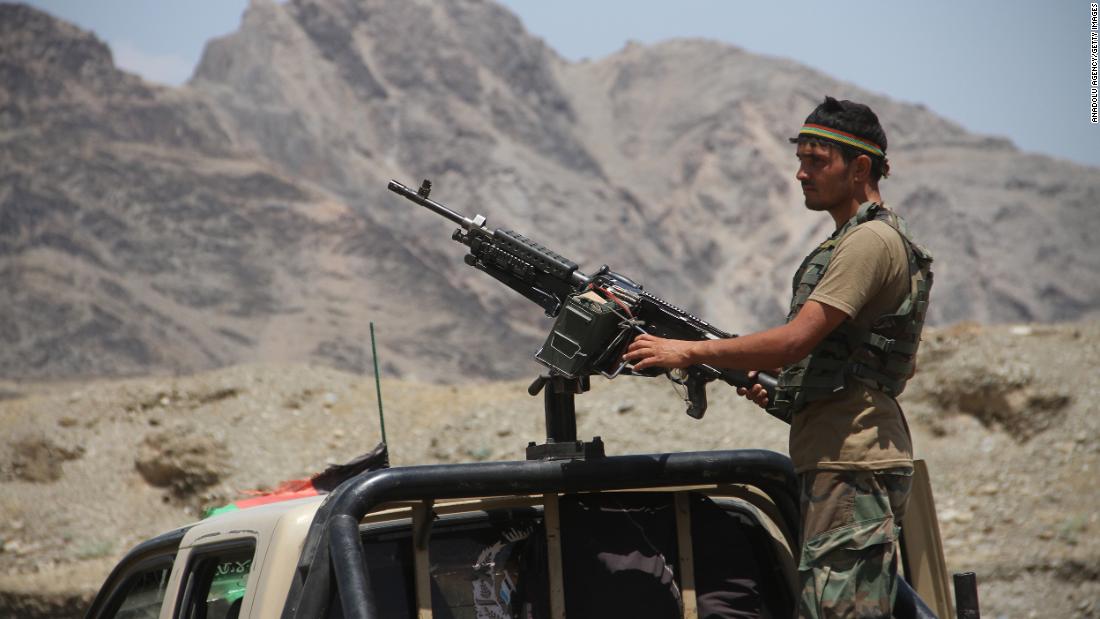
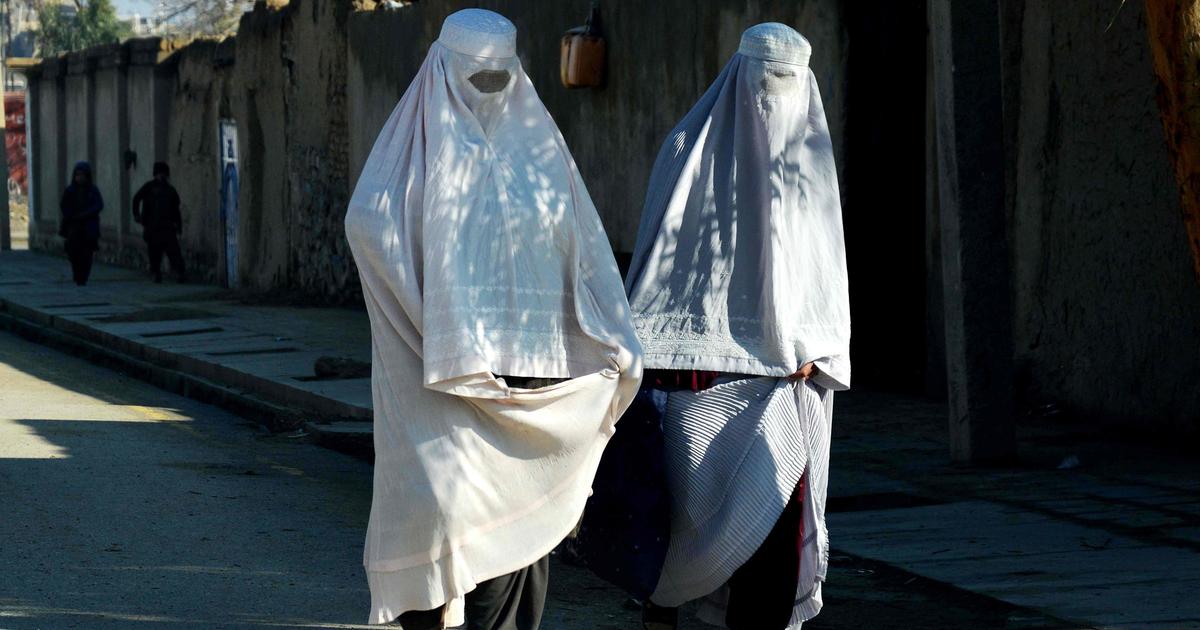
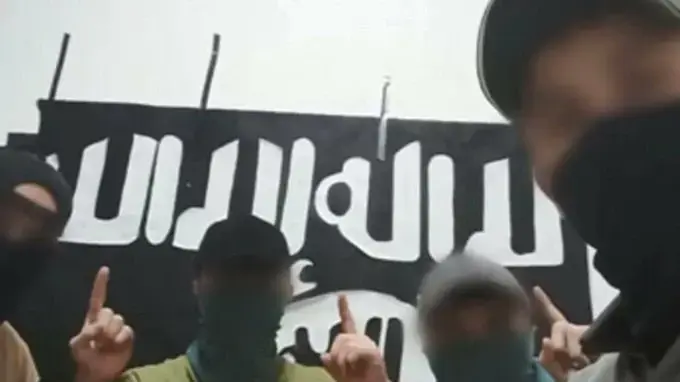
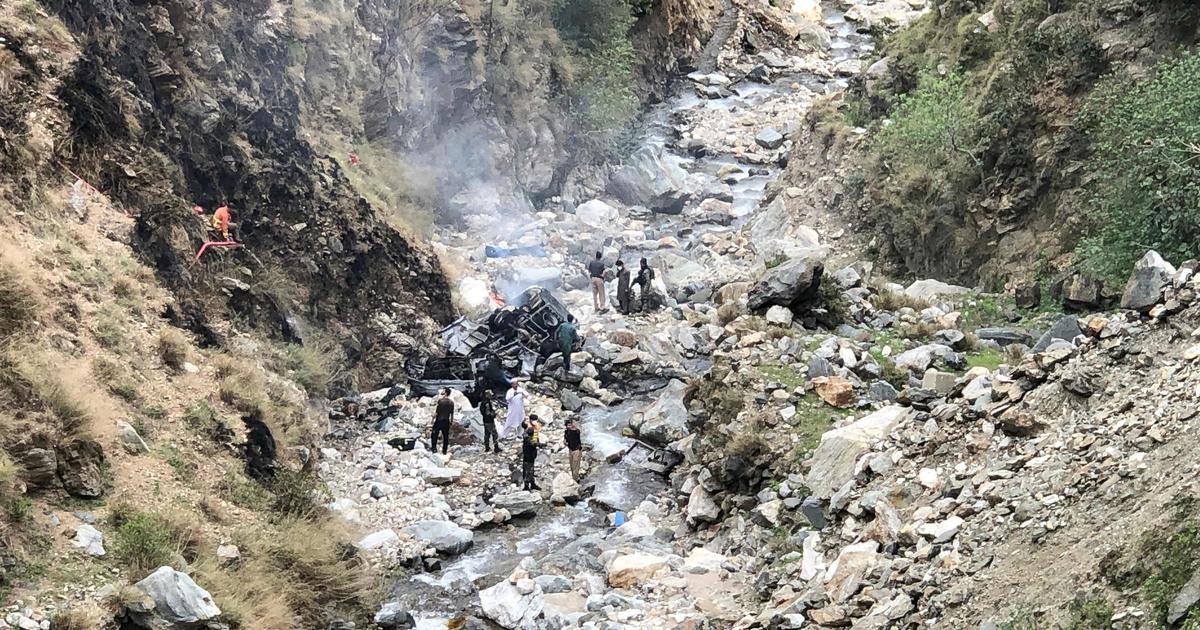
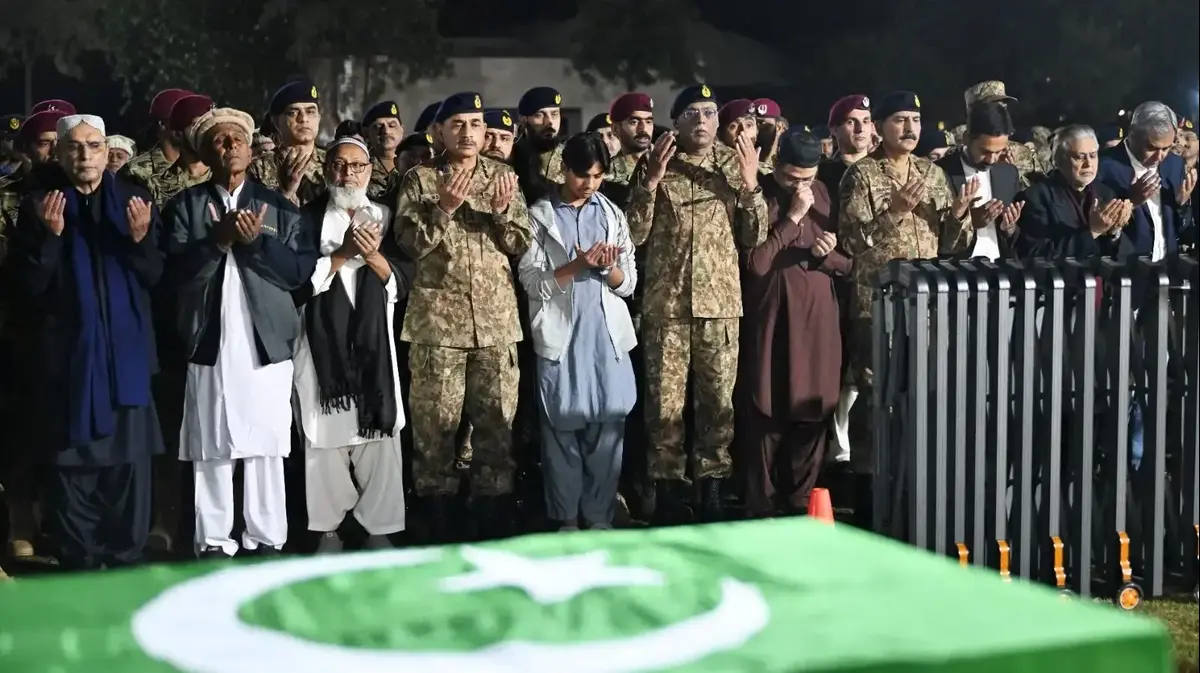

/cloudfront-eu-central-1.images.arcpublishing.com/prisa/KA3LQ5ZEAFEQXOIZXJEEVDUZUQ.jpg)

